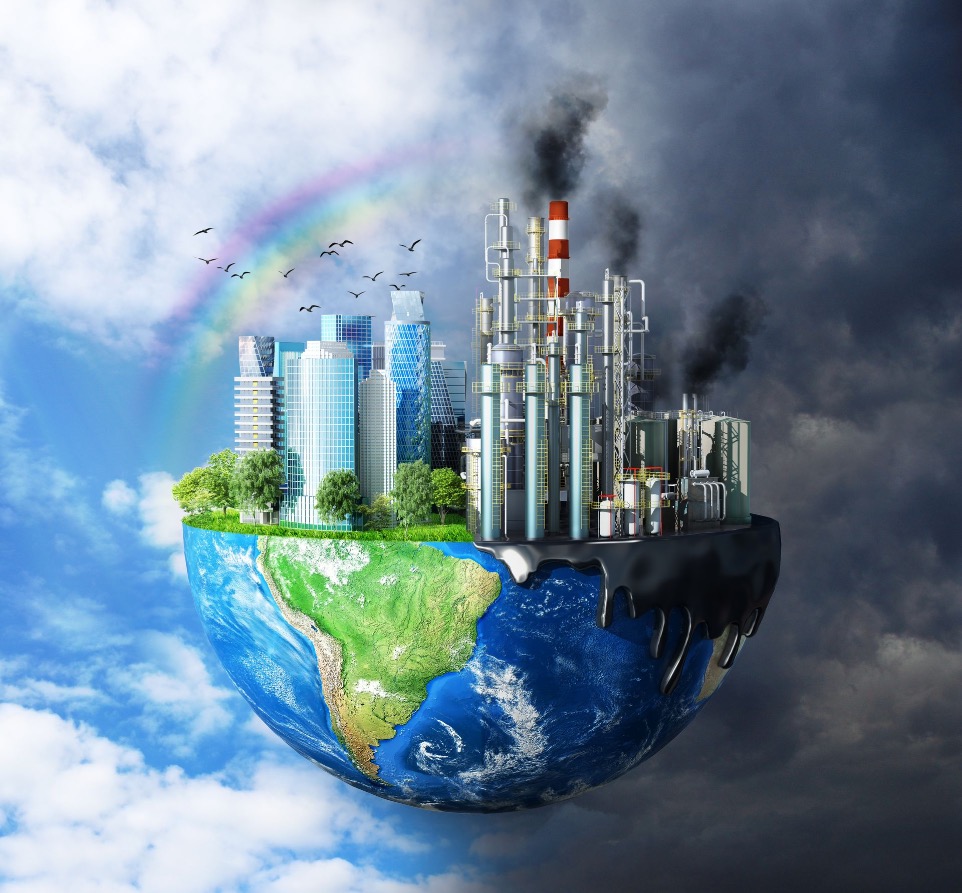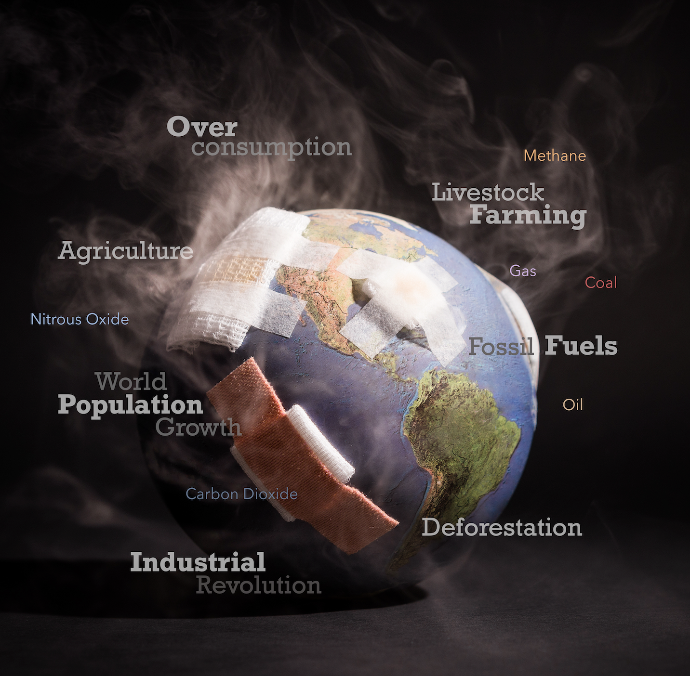Climate change is one of the biggest challenges of our times. More and more often, regardless of the place we live in, we can observe its signs. Extreme weather events like heavy rains, floods, droughts, heat waves and fires represent only some of the problems we must currently face.
Developing countries like India are hit hardest and we are the least able to deal with its consequences. Climate change affect access to food and drinking water, worsen the health condition of the population, cause mass displacement and deepen the poverty.
It is high time for solutions to have a sustainable future for all of us.

WHAT IS CLIMATE CHANGE?
Widespread improvements in the quality of life of many of the world’s populations have gone hand-in-hand with increased demands on natural resources. The planet is struggling to keep up, with increases in the average global temperature and the frequency of extreme weather events transforming ecosystems around the world and threatening entire species of plants and animals. Forests are drying up, there is less rainfall and more fires, and the glaciers of both the North and South Poles are shrinking. The consequences of climate change affect all of us, but in order to react and adapt to it, we must first understand it.
Greenhouse gases and global warming Greenhouse gases occur naturally in the atmosphere. They let the sun's rays pass through, while absorbing the thermal energy radiated by the earth's surface, keeping our planet warm. The main greenhouse gases in the earth's atmosphere are water vapour (H2O), carbon dioxide (CO2), methane (CH4), nitrous oxide (N2O) and ozone (O3).

For millions of years, the concentration of greenhouse gases in the atmosphere fluctuated only slightly; natural processes removed as many greenhouse gases from the atmosphere as were released. Problems arose when we began to extract and burn fossil fuels on a large scale, thus releasing unprecedented amounts of CO2 into the atmosphere. The concentration of CO2 has increased by almost 50 percent since the Industrial Revolution in 1800.